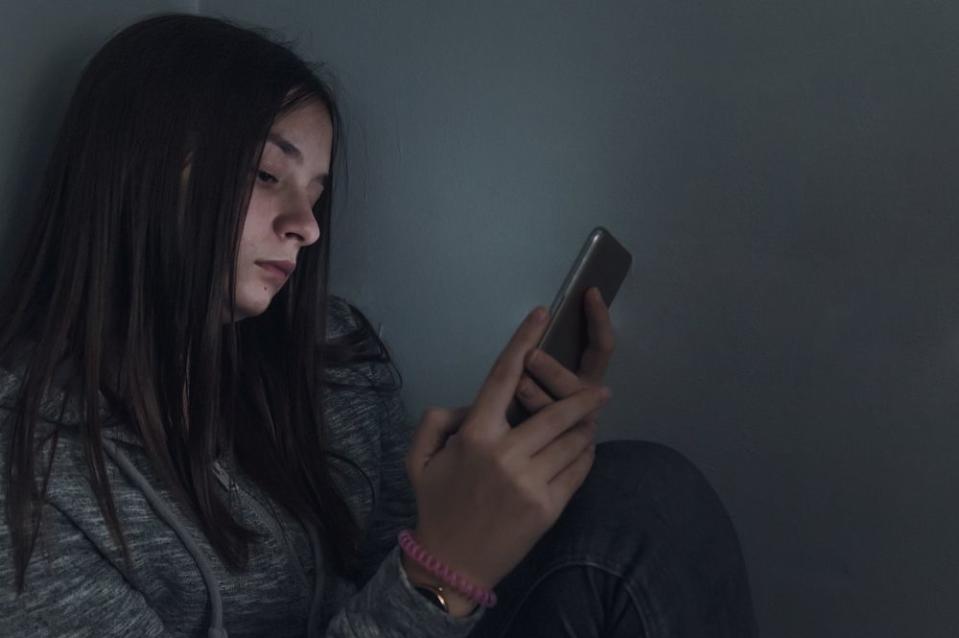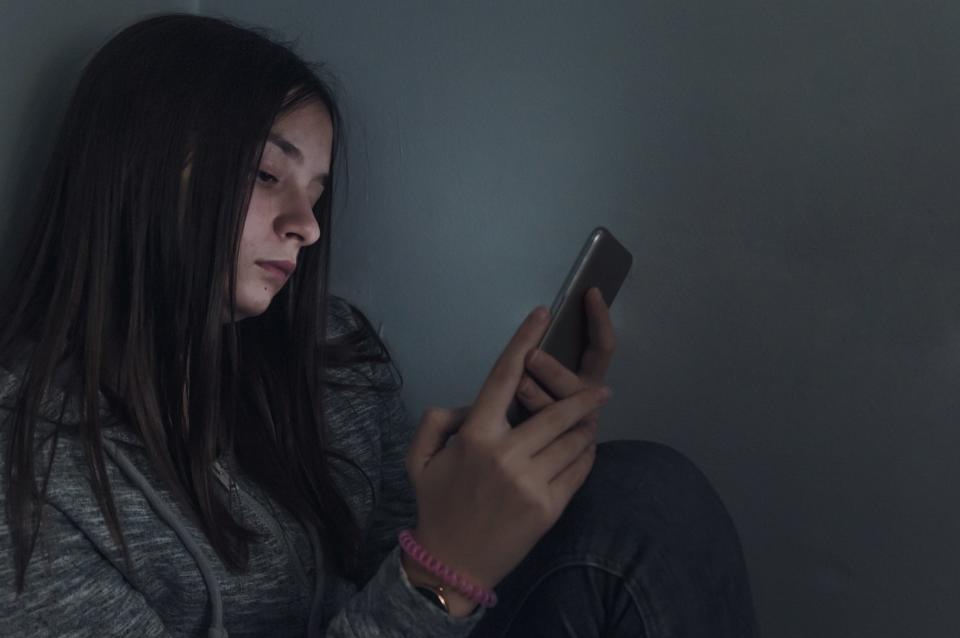Signs of Depression and Anxiety in Teens

Depression and anxiety are among the most common mental health conditions affecting teenagers today. According to the National Institute of Mental Health (NIMH), 13.3% of adolescents aged 12 to 17 had at least one “major depressive episode” in 2017. The NIMH also reports that 31.9% of adolescents aged 13-18 suffered from any form of anxiety, including generalized anxiety disorder, panic disorder, social anxiety disorder, and more.
Many parents assume they’ll know if their child feels depressed or anxious. In reality, though, symptoms can be hard to detect, especially since they sometimes mimic normal teenage behavior like irritability and sleepiness. Untreated depression and anxiety can have many negative consequences – including poor academic performance, substance abuse, and even suicide – so it’s vital to recognize the signs as early as possible. Here’s what you need to know about the symptoms of anxiety and depression in teens.
Signs of Anxiety in Teens
Anxiety sometimes emerges during childhood or adolescence. “There’s really not a typical age for anxiety to show up,” says Lynn Lyons, licensed clinical social worker, psychotherapist, speaker, and author of Anxious Kids, Anxious Parents. “I’ve seen kids that are clearly showing signs of anxiety in kindergarten.” She adds that most young sufferers have separation anxiety, defined as the fear of being away from certain people. In contrast, older kids and teenagers are often diagnosed with generalized anxiety disorder, social anxiety disorder (fear of judgement, embarrassment, and social situations) or phobias (fear of a particular object or situation).
RELATED: How to Help Your Anxious Child
Anxiety might also worsen during major life changes, such as starting college. “For these teens, anxiety has been there all along, but they had safety crutches” in the form of parents and supportive school staff, says Lyons. But these safety crutches disappear when students deal with newfound independence in college. “Anxiety wants certainty and comfort, so stepping into anything uncertain can trigger it,” she adds.
Here are some common symptoms of anxiety in teenagers:
Constant worry (about general or specific things)
Avoidance of activities that cause anxiety, like birthday parties, school activities, or driving a car
Feelings of tension
Hopelessness
Change in sleep patterns (sleeping more or less than usual)
Change in appetite (eating more or less than usual)
Restlessness
Difficulty sleeping
Constant seeking of reassurance
Anxiety can also manifest physically, says Rachel Busman, PsyD, a board-certified child and adolescent psychologist and senior director of the Anxiety Disorders Center at the Child Mind Institute. Physical symptoms of anxiety in teens include:
Headaches
General malaise
Muscle tension
Intense fear can sometimes cause panic attacks, especially in those with panic disorders. These usually last a couple of minutes, and they’re either unexpected or triggered by an anxiety-producing situation. According to the NIMH, symptoms of a panic attack include sweating, shaking, heart palpitations, shortness of breath, sweating, and feelings of impending doom.
RELATED: 6 Tips to Avoid Passing Your Own Anxiety On to Your Kids
Signs of Depression in Teens
Anxiety and depression have many overlapping symptoms. In fact, untreated childhood anxiety is one of the top predictors of teenage depression. Children as young as eight or ten can experience depression, and at least half of cases manifest by age 14, says Susan Weinstein, co-executive director of programs and operations at Families for Depression Awareness. She says depression has two telltale symptoms:
Down or depressed mood; hopelessness; high level of irritability or anger
Loss of interest in previously-enjoyed people or activities; isolation
These symptoms must last at least two weeks in order to receive a diagnosis of depression. However, many depressed teens show some of the following symptoms, which must also be present for at least two weeks “in a way that is unusual for that individual teen and that cause impairment in functioning,” says Weinstein.
Changes in sleep (too much or too little)
Changes in eating (too much or too little) or weight
Restlessness or slowed-down movements
Fatigue or loss of energy
Excessive guilt or feelings of worthlessness
Impaired thinking or concentration
Headaches, stomach problems, or body aches
Preoccupation with death or dying or attempting suicide
Weinstein clarifies that not all signs will likely be present, and a teen exhibiting these behaviors doesn’t necessarily have depression.
RELATED: Is my Child Depressed? All About Childhood Depression
My Teen May Have Anxiety or Depression. Now What?
According to Weinstein, it’s unusual for a teen to tell parents they’re depressed or anxious. Rather, parents or teachers will notice signs and symptoms that develop over time. It’s important to have an open, honest conversation to get to the root of the problem.
“We suggest expressing concern about the teen’s behaviors and calling out these behaviors specifically,” says Weinstein. For example, you might bring up how your teen is spending more time in his/her room or avoiding friends. Then you should ask if something is wrong, maintaining a level of calm no matter their response. Remaining open and optimistic will help your teen feel comfortable talking about the the difficult topic.
If you determine your teen may have anxiety or depression, “help them get an evaluation by a qualified medical or mental health professional,” says Weinstein. Treatment options usually involve talk therapy (psychotherapy) and/ or medication.
It’s important to note, however, that you shouldn’t delay getting help if your teen is expressing suicidal thoughts of behaviors, says Weinstein. Your child’s safety should come above everything else.

